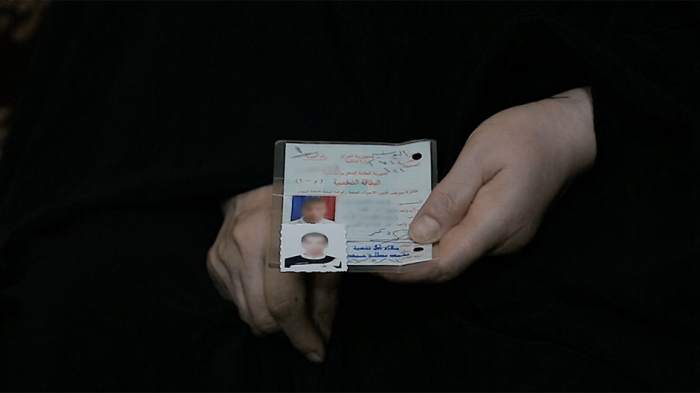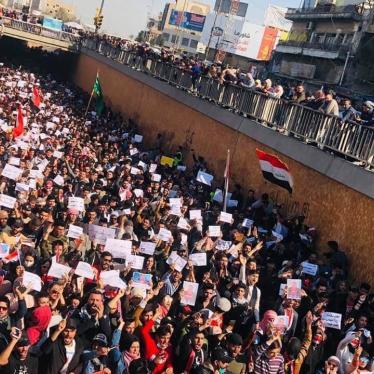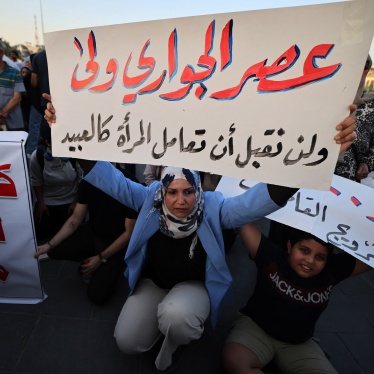Since I started covering Iraq for Human Rights Watch in 2016, enforced disappearances have been one of my main areas of research because, sadly, they are common. So I was heartened when Prime Minister Mustafa al-Kadhimi, shortly after taking office in May, made public commitments to investigate and punish enforced disappearances. Those commitments included a new mechanism to locate victims of enforced disappearances.
But seven months later, his government has precious little to show for these promises, and disappearances have continued.
Take the case of Arshad Heibat Fakhry. According to his brother, a group of unidentified armed men arrested Fakhry, 31, and a government minister’s nephew on November 20, at 10:30 p.m. from the Ishtar Hotel in Baghdad. On November 22, a local newspaper reported the two men had been arrested, without specifying who had arrested them, for organizing a “masonic party” and for possessing half a kilo of heroin. His brother told Human Rights Watch that every official they have spoken to about the case alleged instead that Fakhry had organized a party for the LGBT community and had been in possession of drugs - both allegations the brother said are not true.
His brother said he spoke to the other man arrested with Fakhry, who was released on November 22. That man told him he didn’t know who had arrested them or where they had been held, and that he was blindfolded and brought to his uncle’s ministerial office and released there without any further information.
Since November 20, Fakhry’s family has visited the offices of five different security agencies and spoken to numerous political party leaders and high-ranking government officials, but every official they go to tells them they have no information on Fakhry’s whereabouts.
If Prime Minister al-Kadhimi commitments are genuine, and a new mechanism has been created to address enforced disappearances, then that body should urgently contact Fakhry’s family and help them locate him. The government should also prohibit discrimination on the basis of sexual orientation and gender identity. Failure to do either can only suggest to Iraqis that this government’s commitments are like the human rights commitments of so many former Iraqi governments - just words, nothing more.









